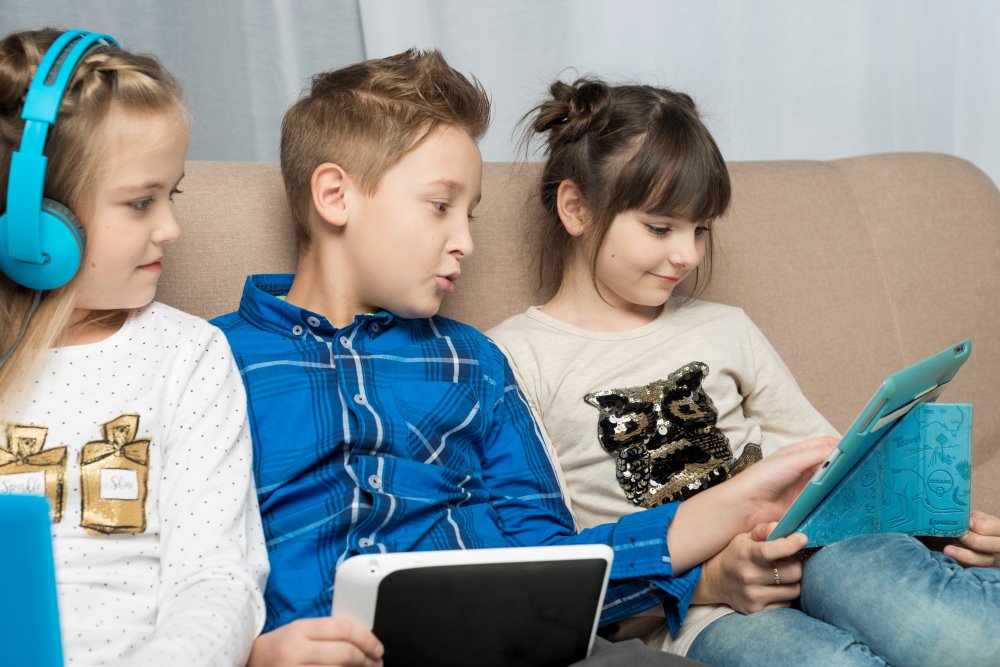As the tiny fingers of today’s children navigate the digital world, technology’s crucial role in their lives is no denying.
And while this vast digital universe paves the way for various opportunities, it is essential to acknowledge the underlying concern: What is the impact of technology on children’s health?
On the one hand, technology has allowed children of different ages and interests to build social connections virtually, allowing them to connect with their peers, develop their personalities with confidence and combat loneliness.
According to Pew Research Center, almost 65% of U.S. teens agree that social media has encouraged them to show their creative side and feel supported. Moreover, websites like Khan Academy have contributed to enhancing their learning experiences and developing vital skills such as critical thinking and problem-solving.
However, we can only reap the benefits of technology when a strict balance is implemented. Otherwise, we face the negative ways it can impact our children’s lives- physically, socially, and mentally.
To begin with, the extended periods children spend sitting using electronic devices inevitably limit the time they spend engaging in physical activities.
The outcome of such an imbalanced routine is a sedentary lifestyle that paves the way for child obesity which, according to the National Institute of Health, is one of the most evident documented outcomes of screen media exposure, as well as other health issues (diabetes, lousy posture, eye strain, etc.)
A study published by the journal Pediatrics pointed out that sleep disruption is another overlooked effect of electronic use on children. The blue light within the screens prevents the secretion of melatonin. This hormone regulates sleep leading to difficulty falling asleep and disrupted sleep patterns- this will have visible side effects on children’s well-being and cognitive performance.
Moving on to the negative ways technology affects our children socially, we can deduce that the reduced face-to-face interactions, due to them preferring virtual interactions through the screen or online gaming, limits their ability to navigate real-life situations by engaging in direct communication. Eventually, the reliance on digital communication can block the development of critical social skills such as active listening, empathy, etc.
Unfortunately, these damaging effects do not stop there- it also affects mental health. Increased exposure to social media platforms has created distorted perceptions of relationships and realities. It can lead to negative body image issues and feelings of inadequacy, contributing to anxiety and depression as they are exposed to cyberbullying, hate speech, and social comparison.
While we must adapt as technology has made its way into our homes, we can certainly offer our children some guidelines.
The American Academy of Pediatrics recommends setting age-appropriate limits on screen time to ensure a balanced routine, encouraging physical activity and outdoor play, and, most importantly, parental involvement every step of the way: active supervision in children’s technology use.
Be present and wary of what type of media your children are consuming. You can never be too careful!

